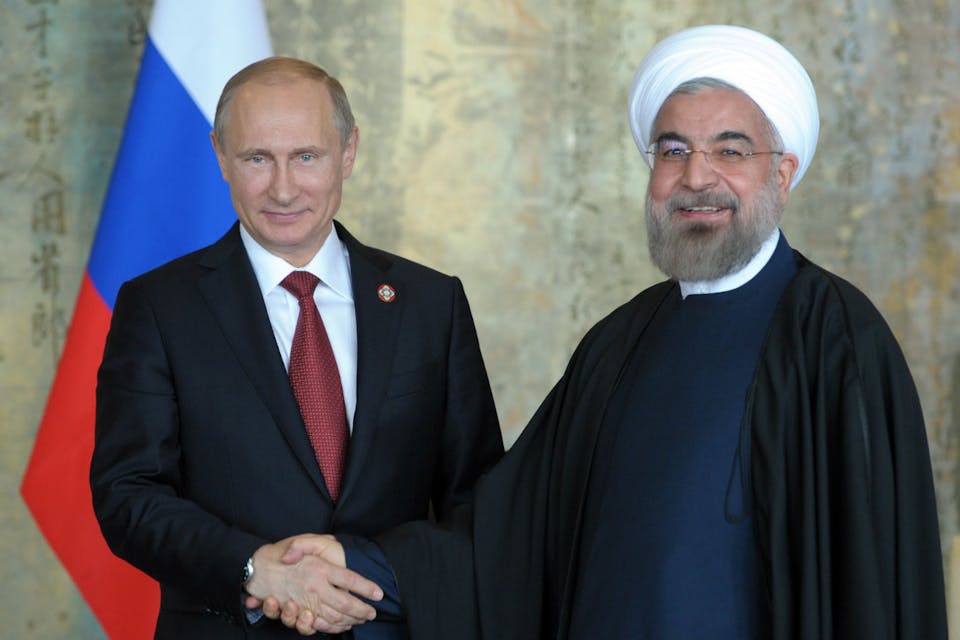
September 25, 2017
The Moscow-Tehran Axis Is a Coalition of the Weak
Iran’s economy remains inefficient and inadequate, and Russia's is in even worse shape. To push both countries back, the only thing America needs is the will to do so.
The excellent essay in Mosaic by Michael Doran and Peter Rough articulately lays out the challenges facing American national security in the Middle East and the flaws of U.S. strategy in the region over the past decade. The authors accurately assess the strength of the Russo-Iranian coalition, rightly dismissing the chimerical notion that the U.S. can somehow leverage Moscow to contain or control Tehran. And, again rightly, they ascribe the ascendance of that coalition to the efforts by President Obama to realign the U.S. against our traditional partners in the region as well as to his decision, accepted in turn by President Trump, to focus singlemindedly on the fight against Islamic State before seeking to address the Russo-Iranian challenge, particularly in Syria.
To account for the strength of the bonds between Moscow and Iran is a necessary and important task. No less necessary and important, however, is to avoid the trap of believing that the U.S. is so helpless before their power that we must accept whatever they insist on lest we provoke a conflict we cannot win.
In truth, the Moscow-Tehran axis—which, given the very close cooperation between Iran and North Korea on nuclear weapons and missile research, could be extended to include Pyongyang—is a coalition of the weak. Iran’s economy remains inefficient and inadequate to the needs of the regime and the Iranian people. Long-term sanctions have played a role in producing that weakness, but structural problems have been much more decisive. The outsized role played by the Islamic Revolutionary Guards Corps (IRGC) distorts the economy badly, as does the influence of the bonyads (ostensibly “charitable organizations” but actually mechanisms of state control) and the massive trust, known as the Execution of Imam Khomeini’s Order (EIKO), that is controlled directly by Supreme Leader Ayatollah Ali Khamenei.
Responses to September ’s Essay
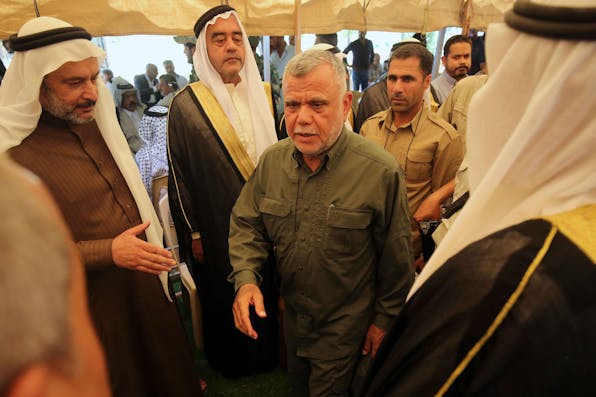
September 2017
America Is Not in a Zero-Sum Contest with Iran
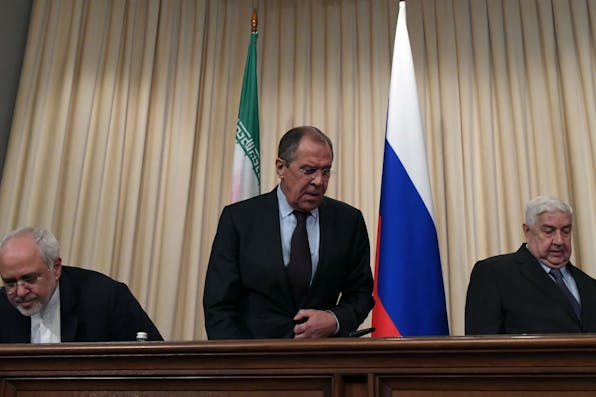
September 2017
How to Drive a Wedge Between Russia and Iran
By Eran Lerman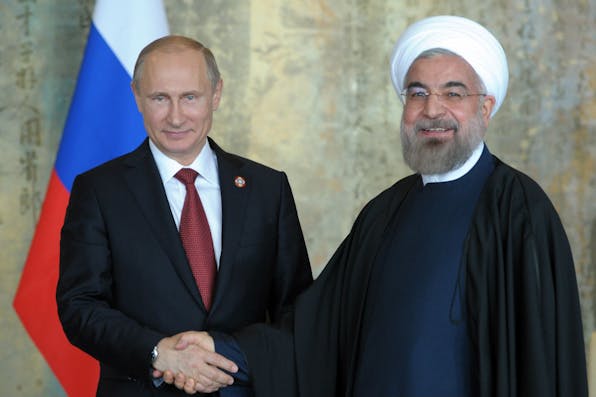
September 2017
The Moscow-Tehran Axis Is a Coalition of the Weak
By Frederick W. Kagan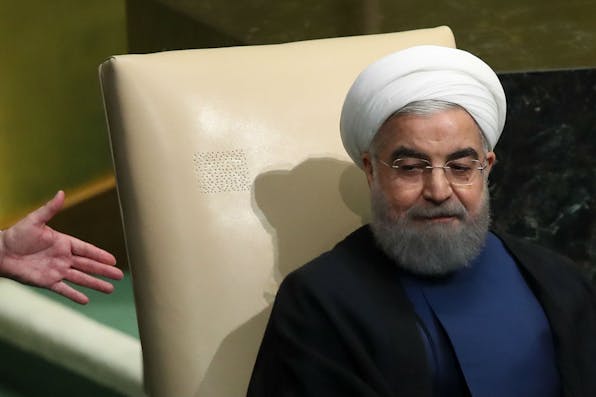
September 2017
Iran Must be Contained, but Iran Must Also Not be Viewed in Isolation
By Michael Doran, Peter Rough